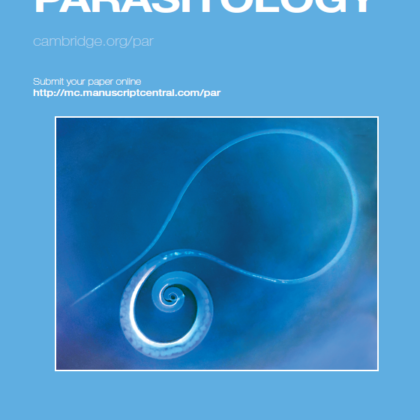We catch up with Parasitology’s winner of the Early Career Researcher Award, Javier González Miguel
Javier González Miguel was one of the winners of the Early Career Researcher Award 2019, awarded each year by Parasitology for first or last authors of outstanding papers published in the journal. Three years later we catch up with him to see how his career has progressed since then.
- What are you doing now and where?
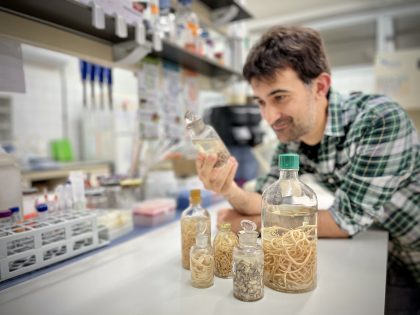
After some years living as a postdoc abroad, I am currently developing my research activity in Spain, specifically at the Institute of Natural Resources and Agrobiology of Salamanca (IRNASA-CSIC). As an UNESCO World Heritage City, Salamanca is considered one of the most beautiful cities in Spain, and a place full of culture and knowledge. Salamanca is also the city where I arrived 20 years ago looking forward to studying Biology at the University, so it is as if things have come full circle, finally. Here, I am presently supervising three PhD students, who are members (together with a technician, a post-doc and a senior researcher) of the “Laboratory of Helminth Parasites of Zoonotic Importance (ATENEA)” that we have recently launched at IRNASA-CSIC. In this context, our main objective is to unravel the molecular mechanisms governing the host-helminth parasite relationships, mainly in fasciolosis, by using novel “in vitro” and “in vivo” models, coupled with -omic approaches in order to explore new control strategies.
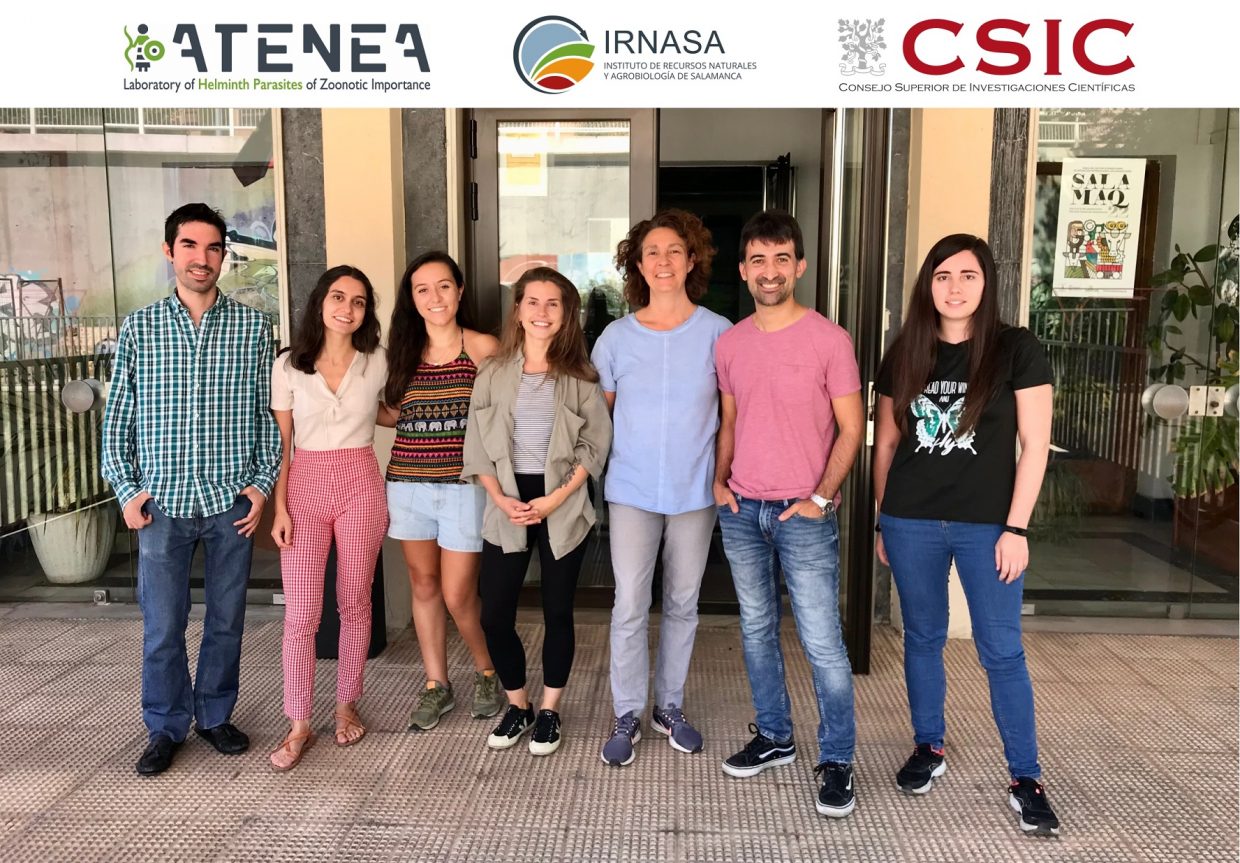
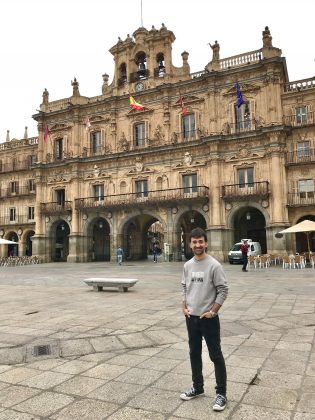
- What has been your career path between when you won the award and now?
The last three years since I won the award have been truly fleeting but full of hard work trying to navigate the path from postdoc to independence in the field of parasitology. When I received the award, I was in Moscow, doing a research stay at the Martsinovsky Institute of Medical Parasitology and Tropical Medicine. During that same year, and for the first time in my career, I received funding from the Spanish Ministry of Science to develop my own project as Principal Investigator, with which I rejoined the IRNASA-CSIC in Salamanca at the end of 2019. In that moment, I realized that it was a great opportunity to make the transition towards consolidation in Spain, so I began to surround myself with a great bunch of people, including PhD students, technicians and researchers with the aim of creating a new group of researchers in the field of helminth parasitology. Three years later, and after two more research stays at the Universities of Galway (Ireland) and Panama, I have very recently obtained a permanent researcher position at IRNASA-CSIC and the ATENEA research group is a reality.
- How did the award and publishing in Parasitology influence your pathway?
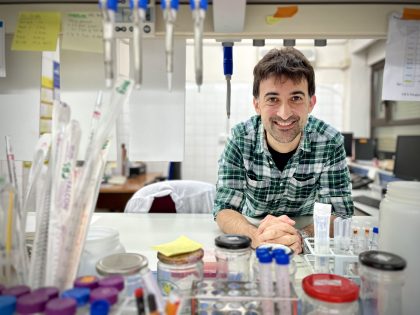
Since I received the Parasitology 2019 Early Career Researcher Award, and like any researcher, I have had to present my curriculum in numerous calls to get new contracts or projects. In all of them, and as Dr. John P. Dalton (my supervisor during my stay at the University of Galway) would say, the ECR award has always been the “cherry on the cake” of my curriculum. I never expected to receive this award, but it is fair to say that this kind of achievement gives a great emotional boost, especially when you are dealing with the transition from junior researcher toward consolidation. In those moments, that can be really demanding and stressful, it is really appreciated that Parasitology, which I have always considered one of the great journals in the topic, offers the possibility of competing for this type of awards.
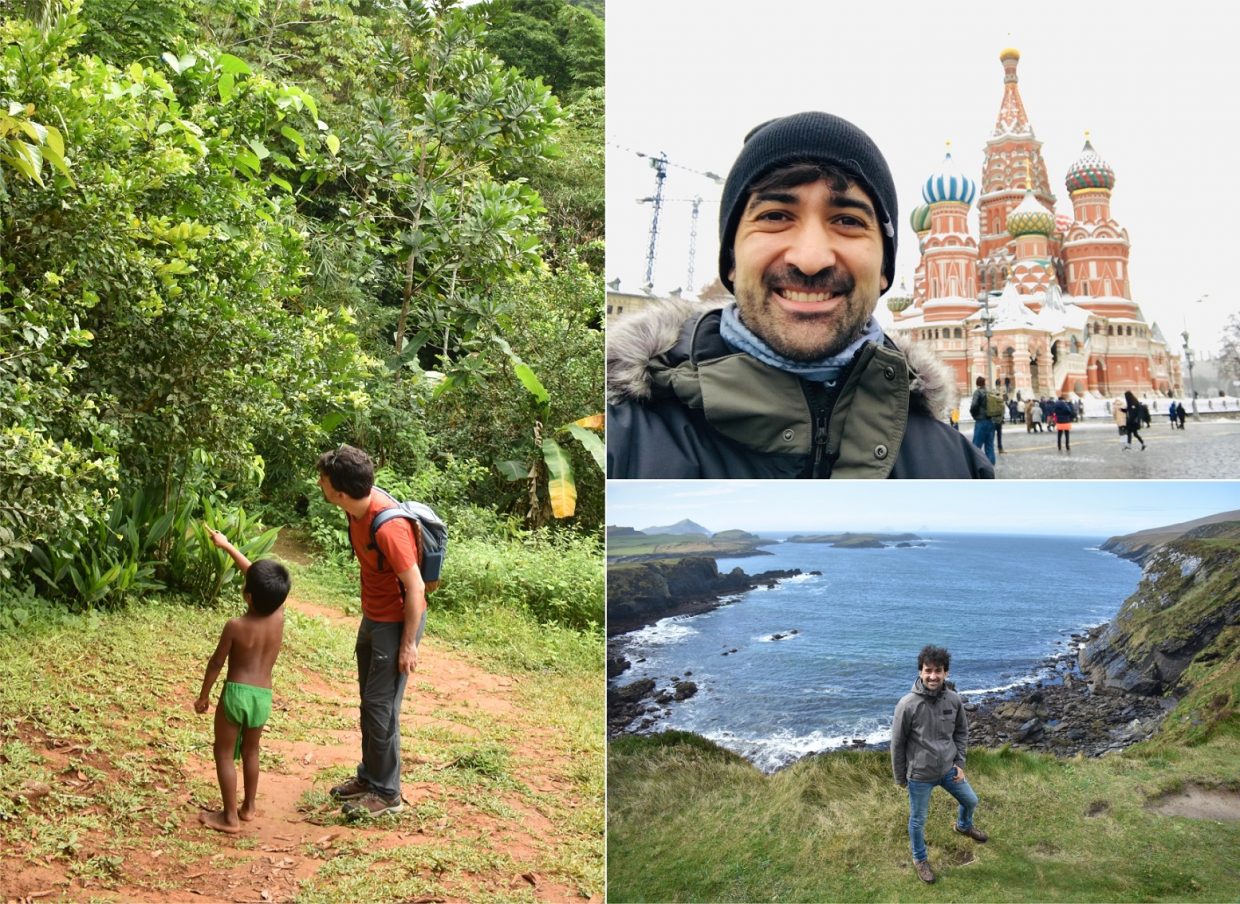
Javier was awarded the Early Career Researcher Prize for submitting the Open Access paper entitled: Numerous Fasciola plasminogen-binding proteins may underlie blood-brain barrier leakage and explain neurological disorder complexity and heterogeneity in the acute and chronic phases of human fascioliasis
Submissions for the 2023 award are now open! We will be awarding the best paper by an early career researcher published in a 2022 issue of Parasitology. The applicant must be a first or last author of the paper. Those eligible will normally be no more than 7 years post award of their PhD. If you would like to be considered please email Harry Busby (harry.busby@cambridge.org) by 10th February 2023 with:
– Your full name
– The year you were awarded your PhD
– Article title
– A few sentences summarising the findings of the article




